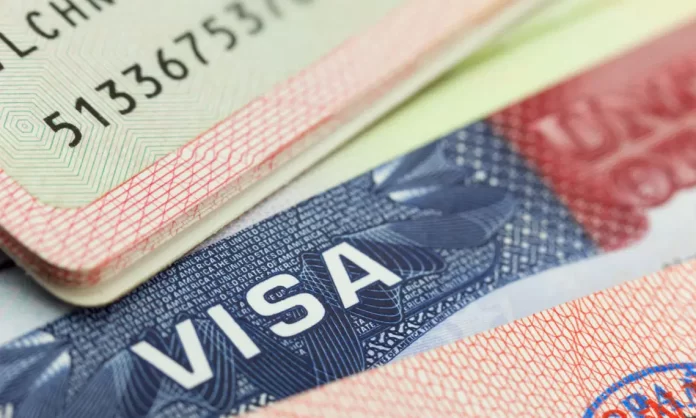For individuals considering relocation to the United States, it is crucial to ensure eligibility for an immigrant visa before making any moves.
While having a family member in the U.S. may ease the process, those without such connections can still explore several legal options to permanently move to the country.
One popular route is through academic opportunities. Individuals with strong academic records can apply to U.S. universities that offer scholarships to international students.
Securing admission on a student visa allows one to study in the U.S., and possibly transition to employment if a U.S. company later decides to sponsor them for permanent residency.
Another option is available to individuals already in the U.S. on a visitor visa who fear for their safety if they return to their home country.
These individuals may seek asylum by demonstrating a credible fear of harm, even without family sponsorship.
Those with qualifications in Science, Technology, Engineering, or Mathematics (STEM) who have earned a bachelor’s or master’s degree may be eligible to work in the U.S. through an H1B visa. This work permit is often used by employers to hire skilled foreign professionals and can lead to permanent residency.
Highly educated individuals, such as those with a Ph.D. and substantial academic achievements, may apply for a National Interest Waiver, which can lead to a green card.
Similarly, individuals recognized for exceptional talent or achievements in their field may qualify for a green card through the Extraordinary Ability category.
There are also options for those who have experienced or witnessed crime while in the U.S. on a visitor or student visa. Victims or witnesses of certain crimes may qualify for a U-Visa, which offers legal status and, eventually, a path to permanent residency.
For individuals facing abuse in a relationship with a U.S. citizen or lawful permanent resident, the Violence Against Women Act (VAWA) provides a legal route to apply for a green card independently of the abusive spouse.
Lastly, those involved in religious service can explore the religious worker visa route.
By working with a religious organization in the U.S. after having done so abroad, individuals may become eligible for permanent residency over time.
These seven legal pathways provide viable options for Nigerians and other foreign nationals seeking to relocate to the United States, depending on their qualifications, circumstances, and goals.
